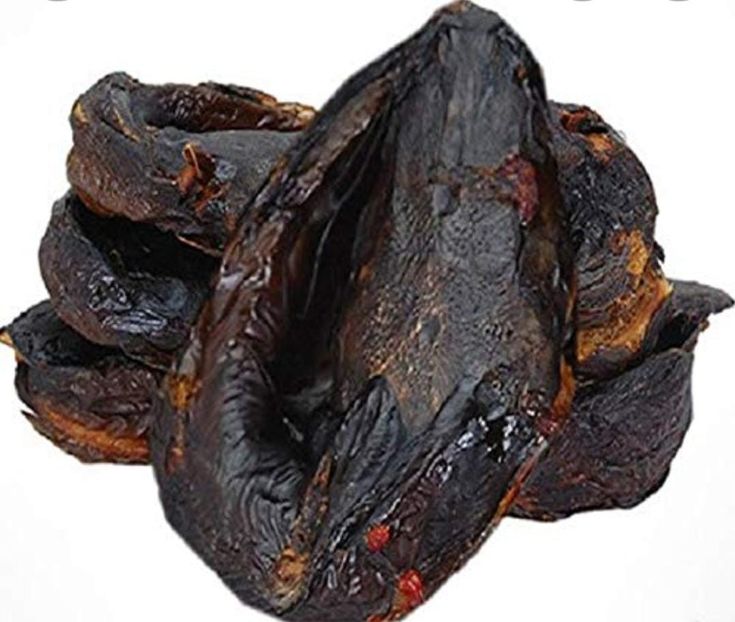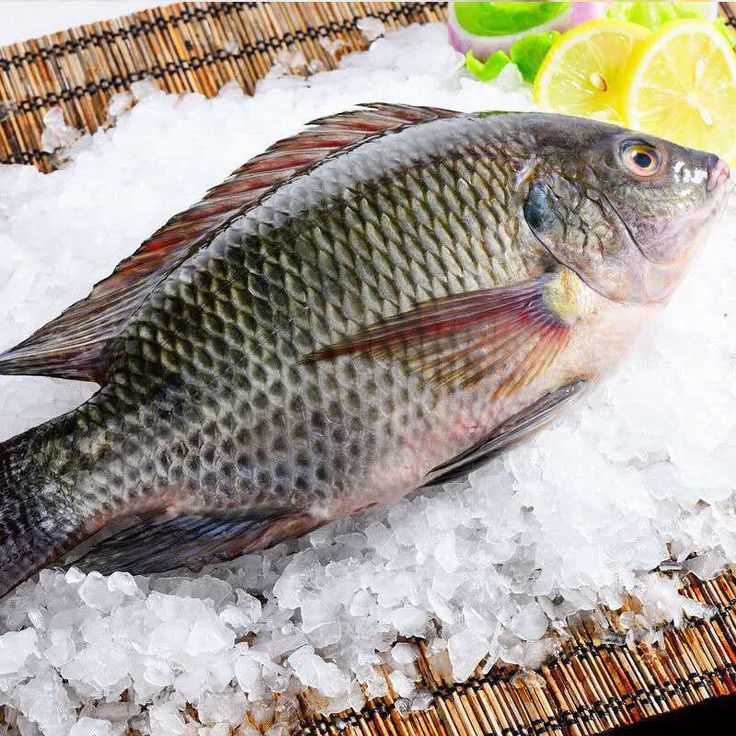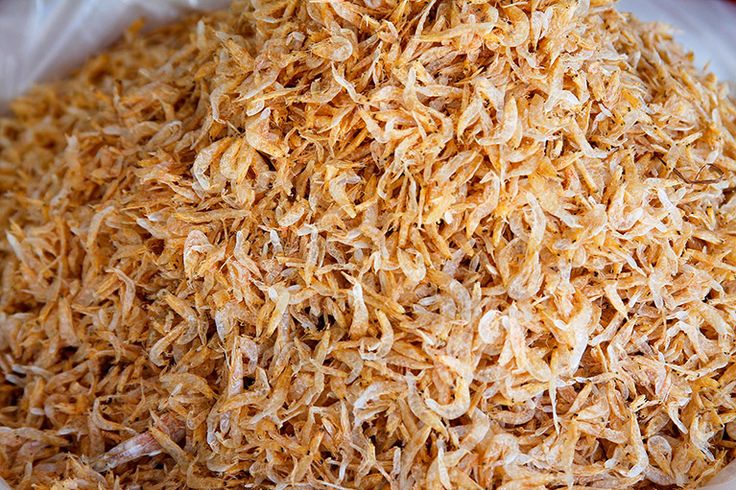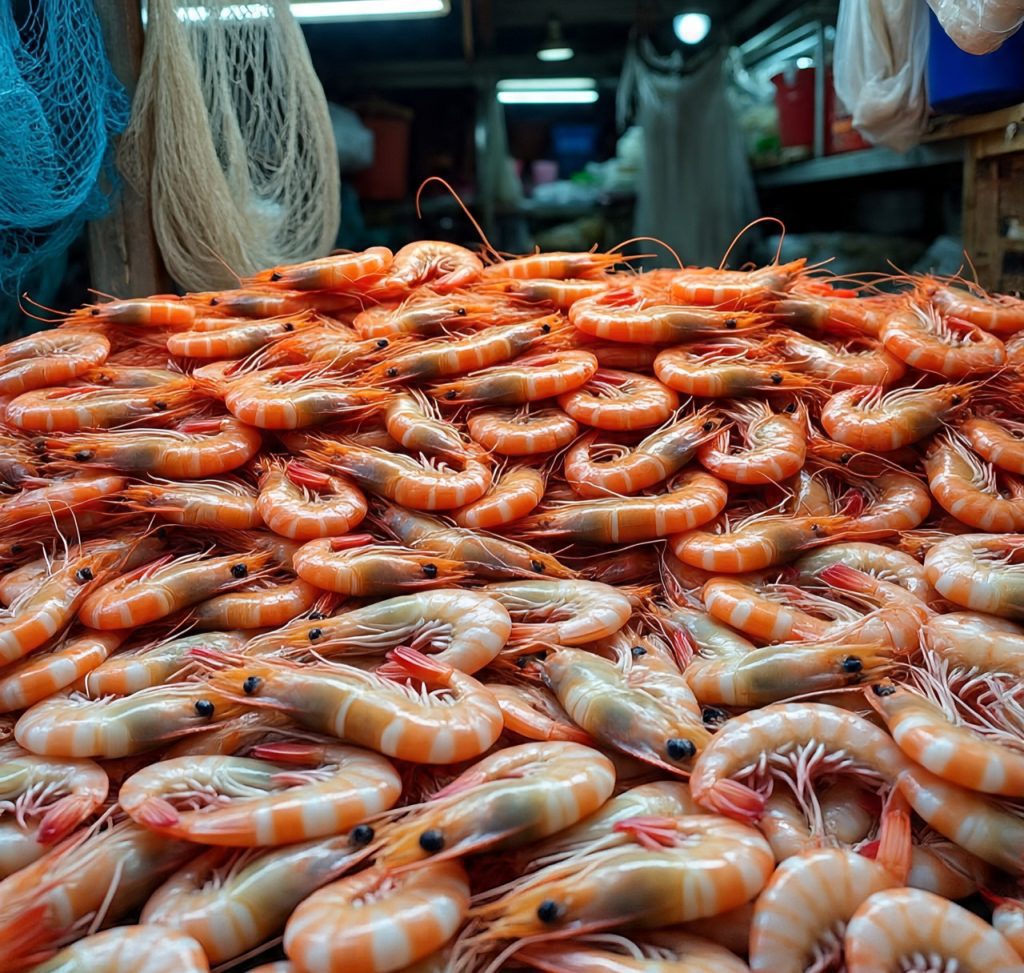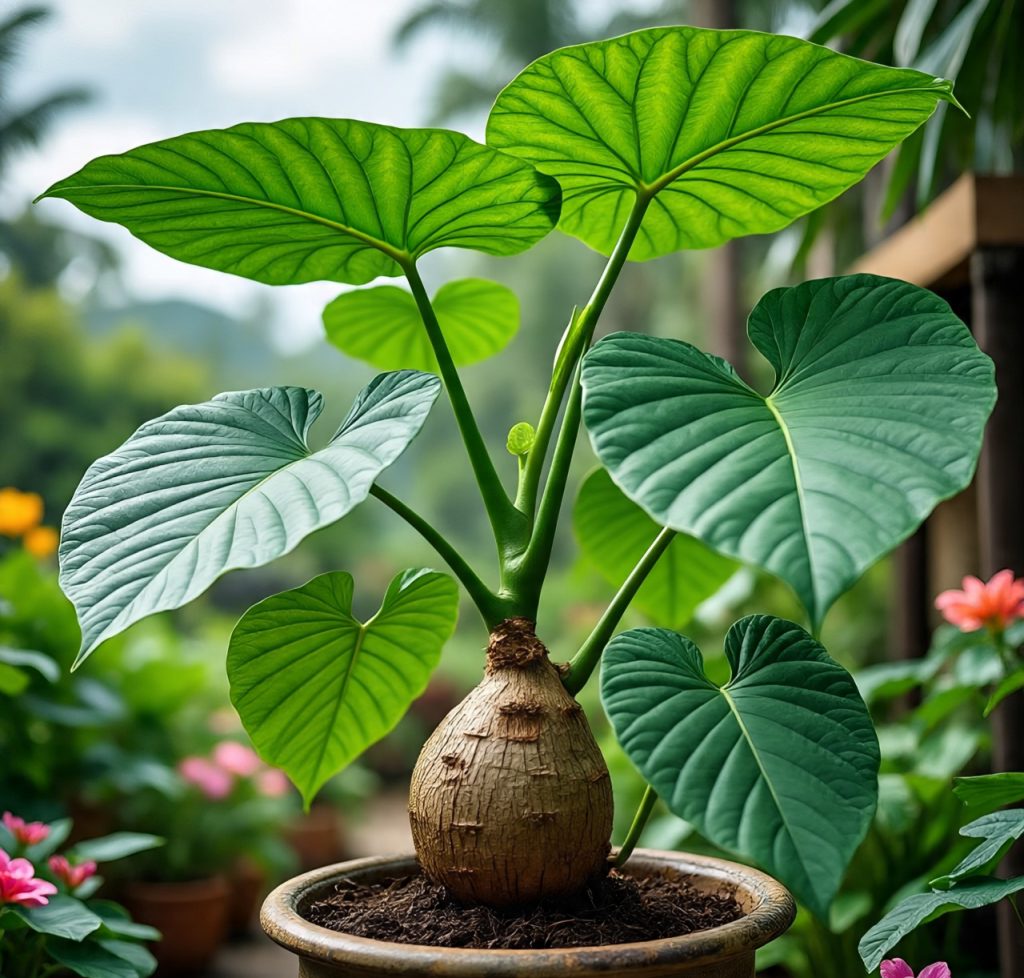What it is:
Yam is a starchy tuber crop cultivated in tropical and subtropical regions, primarily in West Africa. Nigeria is the world’s largest producer of yam, contributing over 70% of global output. The most common varieties exported include white yam (Dioscorea rotundata) and water yam (Dioscorea alata).

What Export of It Is:
Yam export involves the sourcing, cleaning, grading, and packaging of high-quality tubers for shipment to international markets, especially where African and Caribbean communities reside. Export is typically done via air or sea freight, with strict compliance to phytosanitary and quality control standards.
Export Grades:
-
Grade A: Large, healthy, unblemished tubers (1.5kg – 4kg each)
-
Grade B: Medium-sized, slight external defects, suitable for cooking
-
Grade C: Smaller sizes, usually used for yam flour or processing
Packaging:
-
Export-ready cartons or wooden crates
-
Net weight: 20kg, 25kg, or 50kg per carton
-
Lined with ventilation holes to reduce spoilage
-
Labeled with product origin, weight, and handling instructions
Export Forms:
-
Fresh whole tubers (most common)
-
Peeled and frozen yam
-
Yam flour (Elubo)
-
Yam chips or dried yam slices
Uses:
-
Culinary: Boiled, pounded (pounded yam), fried, roasted, or used in porridge
-
Industrial: Converted into flour for instant food and baby food production
-
Ethnic Markets: High demand in African, Caribbean, and Latin American diasporas
 Top Export Destinations:
Top Export Destinations:
-
United Kingdom
-
United States
-
Canada
-
Germany
-
France
-
Netherlands
-
UAE
-
Saudi Arabia
HS Code:
0714.20.00 – Dried or fresh yam (whether or not sliced or in powder form)
Export Value (from Nigeria):
Over $48 million USD annually, with growing demand in European and North American markets.
UK Market Demand Insight:
Yam is a staple among Afro-Caribbean populations in the UK. The demand is highest between October and March (winter season) due to its role in festive and cultural dishes. Retail outlets such as African shops, ethnic supermarkets, and Afro-Caribbean food chains stock yam regularly.

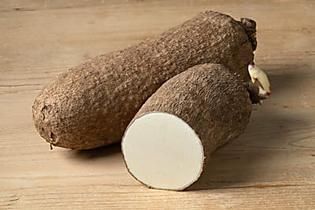

 Top Export Destinations:
Top Export Destinations: